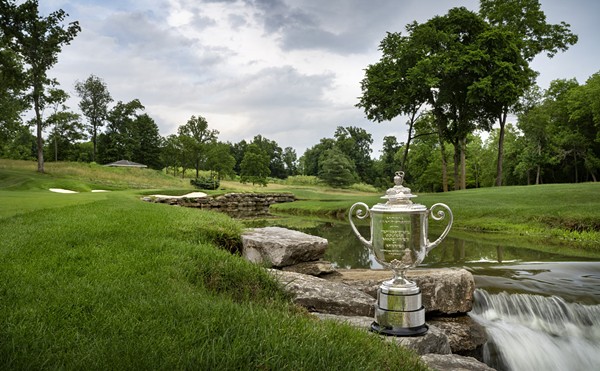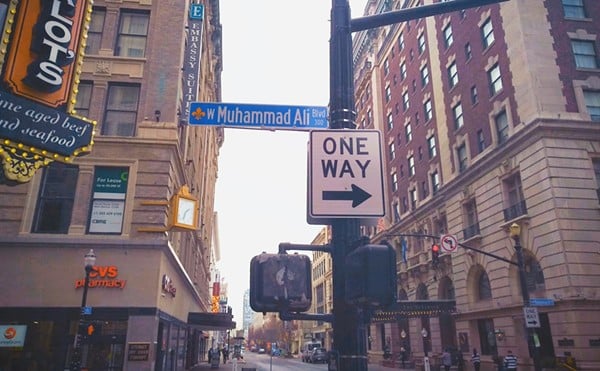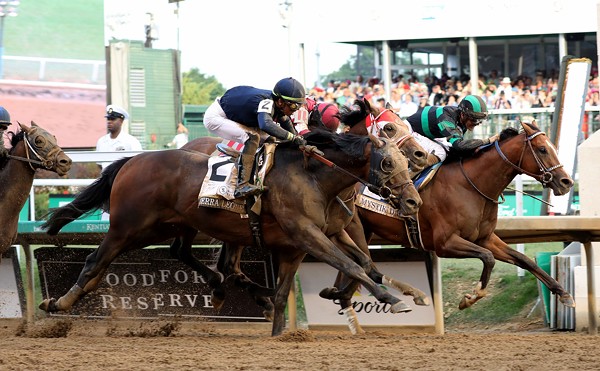I missed out on my first kiss because of AIDS.
It was 1988, I was new in school, and he was a seventh grader. One year older. How much cooler could I get? He asked me out in class — reading or something — and I said yes. My mother pulled a total buzz kill and said I wasn’t “old enough” to go to the mall with him and no other supervision. (Um, whatever.)
If we couldn’t go out on a date, we had to kiss. It was supposed to happen after school; I was terrified. I felt a monumental amount of performance anxiety, which paled in comparison to my fear of contracting AIDS (yes, I was a bit of a hypochondriac then). I told him, via Margie S., that I couldn’t kiss him because of AIDS. He broke up with me over the phone.
This is my missed-kiss story. This is what I tell in a conversation about crushes and first kisses. I never thought I’d write this story here.
I was chatting with a good friend on Facebook and Googling WWF Wrestling when my friend posed this question: Have we lost all of our voices to AIDS?
This is a kind of question I don’t regularly hear anymore. AIDS is a buzzword now, a term used in the context of a budget or donation.
I quit WWF and began my search for AIDS.
This is the most disturbing thing I read: A nurse at a The Care program in Chicago said in an article about AIDS in relation to young adults and teens, dated June 4, 2009, “I know often people will say that it’s not such a big deal, that it’s like diabetes …”
This is my horrified silence.
It is true that the newer antiretroviral therapy drugs approved for the treatment of HIV/AIDS have lengthened a person’s life expectancy and quality exponentially (so much so, it is said a person with HIV can live long enough to die from a different cause); we are told scientists are making new discoveries all the time. People say we’re closer to a cure.
And maybe all this is why people who weren’t old enough or alive during the Cold War and Ronald Reagan can compare HIV/AIDS with diabetes.
I was 11 years old in 1988. AIDS was considered a new disease. In general, there was limited information available about the disease, even less so for those of us who still relied on parents for money. Libraries were empty of books on the subject; AIDS wasn’t even covered in my first Sex Education class, which was later that year.
To me, AIDS was this ghost that couldn’t be stopped, that killed at random.
I can’t remember when discussion of AIDS or HIV started to disappear from public discourse. This is what I know, what I can remember:
Ryan White died in 1990. Elton John wrote a song about him. Magic Johnson announced he was infected with the HIV virus in 1991. Freddie Mercury died of AIDS the same year. I heard “Bohemian Rhapsody” for the very first time the morning after his death. I always think of him when I hear it. In 1993, Arthur Ashe died from AIDS complications. I was sick and home from school that week. In one of the tributes I watched on TV, I saw footage of him wearing a T-Shirt that read, “Citizen of the world.” Rapper Eazy-E died of AIDS in 1995.
In 1991, I met and got in an argument with a girl at camp who thought she would “get AIDS” if she kissed someone who had it. I thought people like her were a myth.
In 1994, I saw the AIDS quilt, which was still regarded as an important thing to witness. “Rent” and “Angels in America” have kept HIV and AIDS in conversation — but that’s confined to people who like theater.
Bono sells (RED) to raise money, lots of money, but who else is talking? We need to be talking.
A public opinion poll published in 2009 found that one-third of Americans don’t know HIV cannot be transmitted through sharing a drinking glass, touching a toilet seat or swimming in a pool with someone who is HIV-positive.
Twenty-seven percent of Americans think Magic Johnson has been cured of HIV, that there is a preventative AIDS vaccine, and that HIV/AIDS has a cure.
That’s something we should be talking more about.





